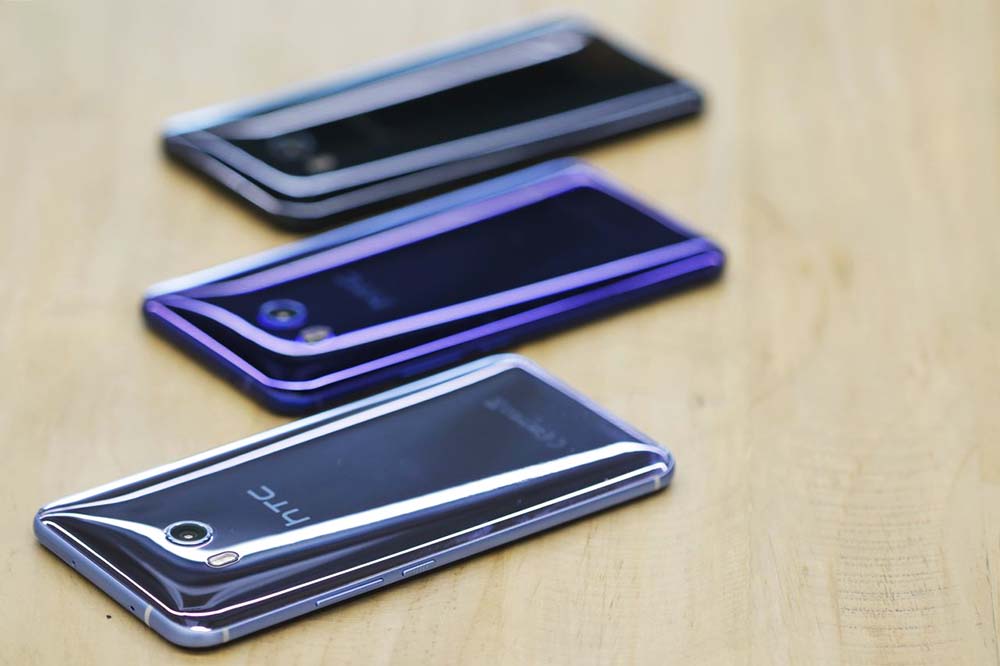An estimated 2,000 HTC employees, or one-fifth of HTC’s human resource, are said to be working on Pixel devices. Google will also gain some of HTC’s intellectual property, meaning Google would likely have access to HTC’s manufacturing and design patents, though details of the IP agreement haven’t been disclosed. In any case, Google and HTC are promising to collaborate on more products in the future, and it would be foolish to think otherwise.
SEE ALSO: Google Pixel 2 and Pixel 2 XL prices and other details revealed
However, let’s not lose sight of the driving force behind today’s affairs: the future of Google’s flagship phone. Things are indeed looking up for the Pixel. It now finds itself in a better position to rival the hardware and software synergy of Apple iPhones that continue to dominate the market revenue-wise in spite of Android devices representing 89 percent of the market — of which less than 1 percent are Pixel smartphones.
Google now finds itself in a better position to rival the hardware and software synergy of Apple iPhones that continue to dominate the market revenue-wise in spite of Android devices representing 89 percent of the market.
With the deal, Google is hoping to further refine the gold standard for Android by supervising its hardware and software development from inception to production. Of course, it wouldn’t hurt to introduce a billion dollar’s worth of new and exciting features in the process.
With the deal, Google is hoping to further refine the gold standard for Android by supervising its hardware and software development from inception to production. (Image via Droid-Life)
For all its nice touches, the Pixel could use more innovative ideas that will endear it to mainstream users and help it stand out as more than “just another pure Google phone,” though there’s nothing wrong with that as well.
READ ALSO: iPhone X, the future of iPhone, unveiled today — and it looks like this
There’s also the fact that Google today displayed commitment to the Pixel line, to its own smartphone business, but at the risk of alienating its biggest OEM partners — Samsung, LG, and Xiaomi, to name a few.
All except for one: HTC. It’s no secret the company has been struggling lately, even with the critical and commercial success of the HTC U11. You might remember rumors of HTC dropping its mobile division to address the VR market, which made the rounds previously. Google’s lifeline money allows HTC to take bolder steps into VR while keeping its smartphone assets (and keeping its head above a financial crisis).

It’s no secret HTC has been struggling lately, even with the critical and commercial success of the HTC U11.
SEE ALSO: HTC U11 review: Watch out for the comeback kid
Again, for the sake of clarity, HTC is still in the mobile space, and we should hear more from the brand in the coming months. And that rumored HTC-branded Android One phone? It’s pretty much a lock.
Main image via Android Central
Share this Post


